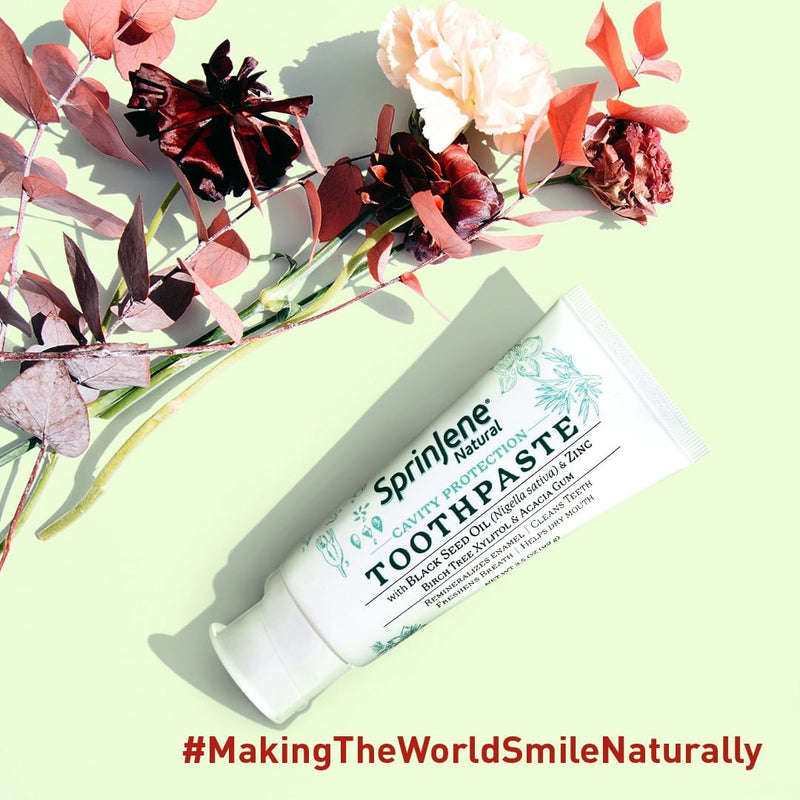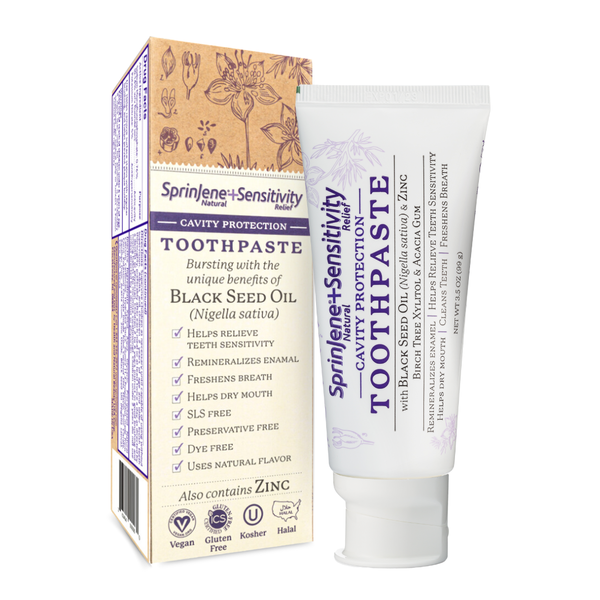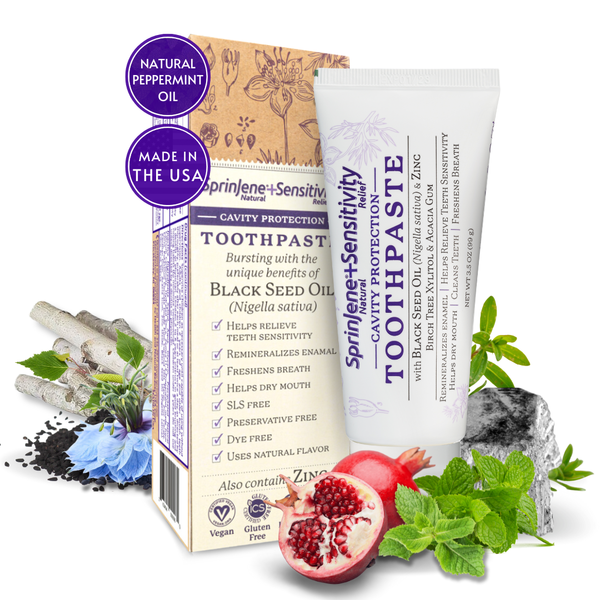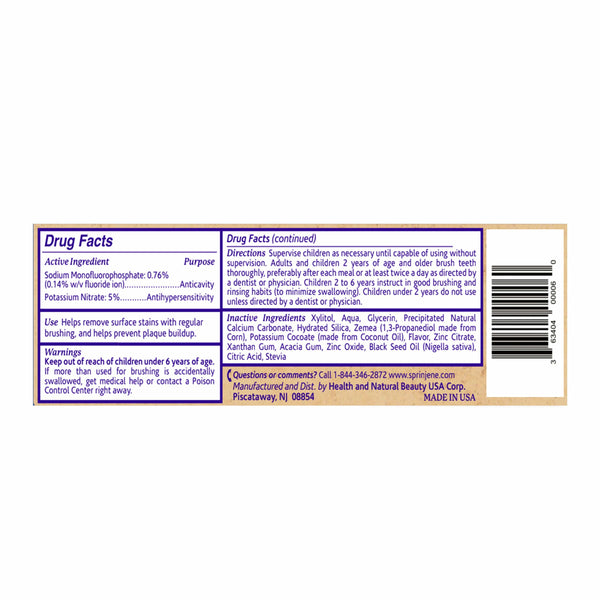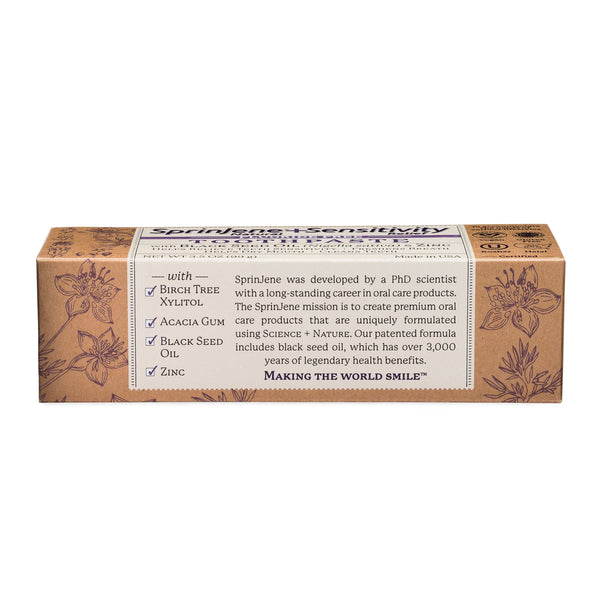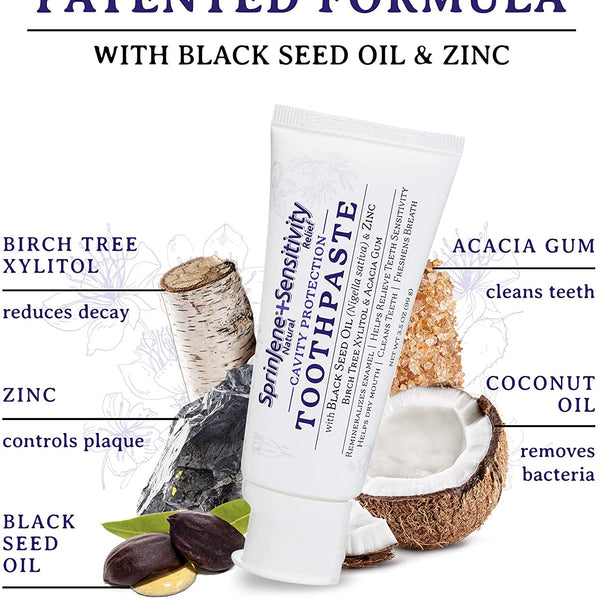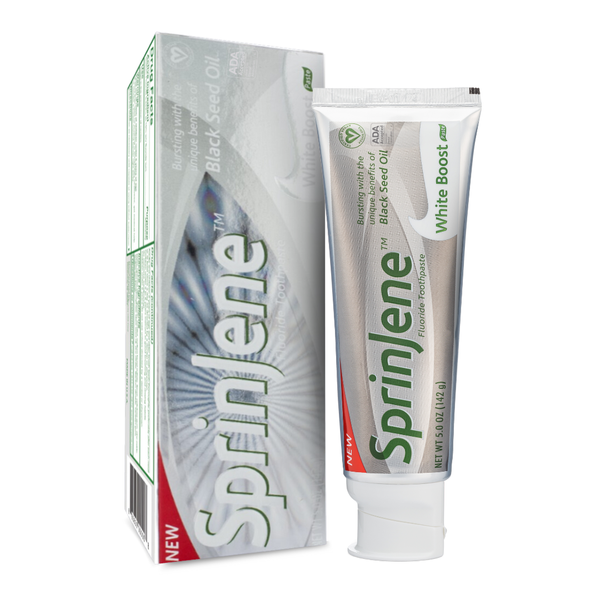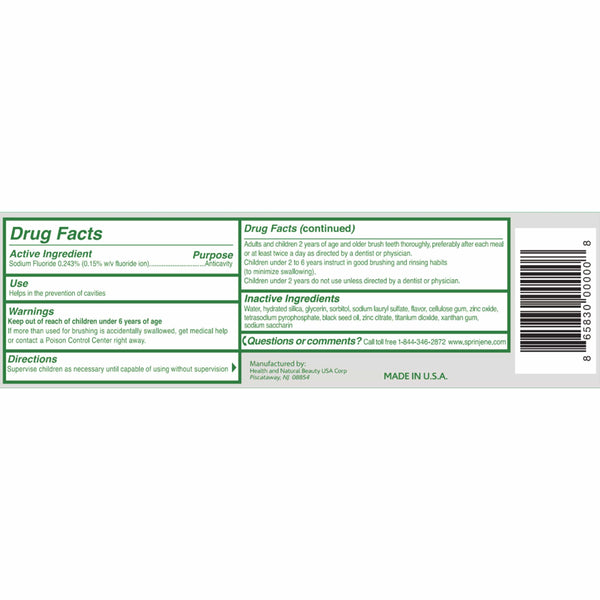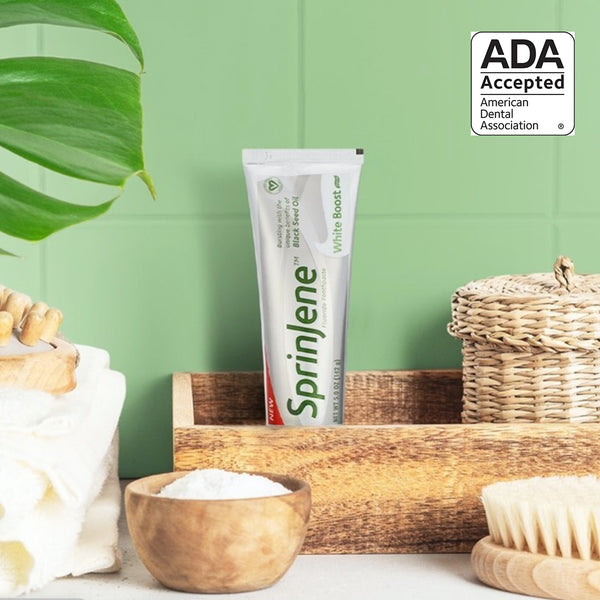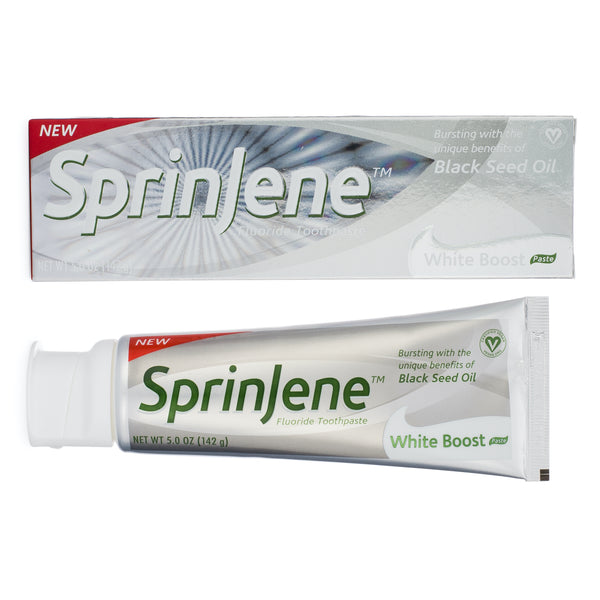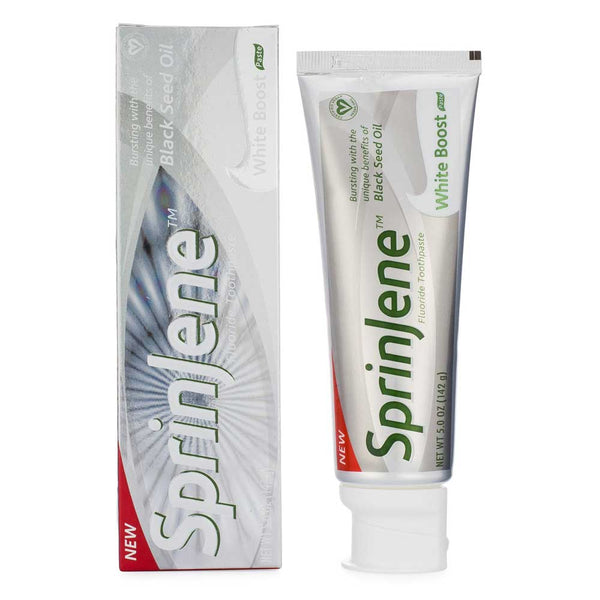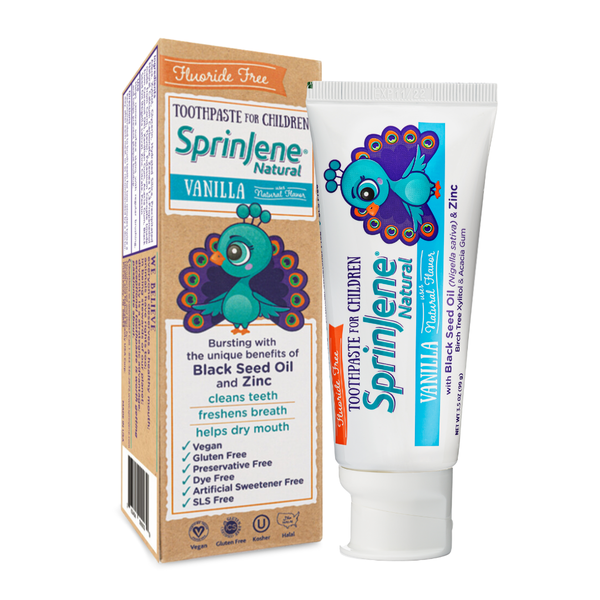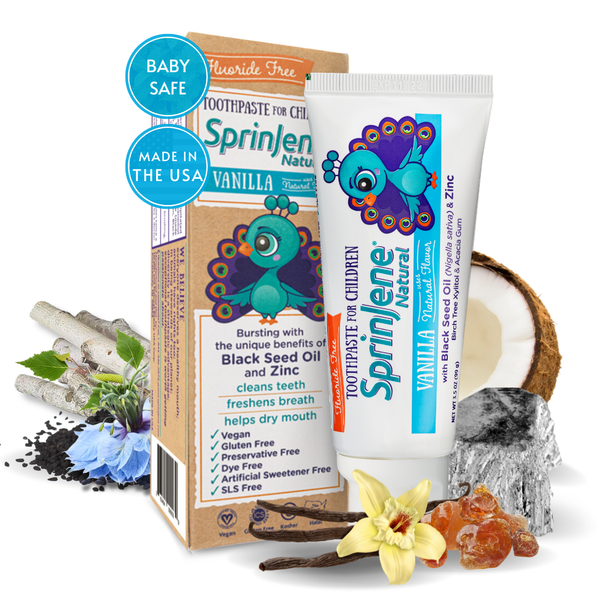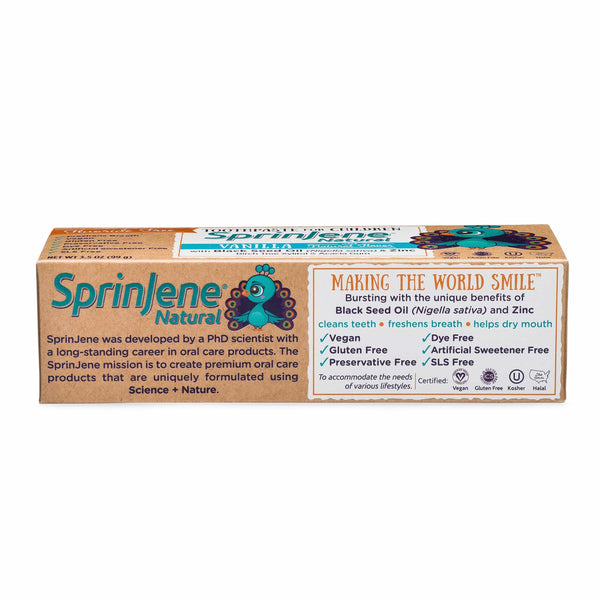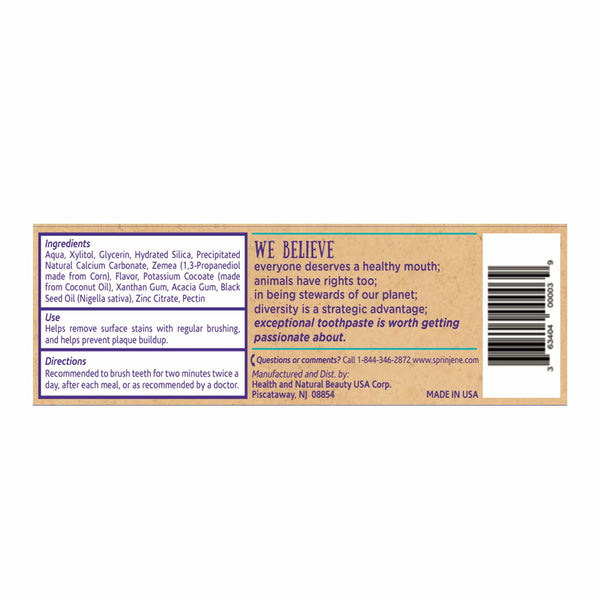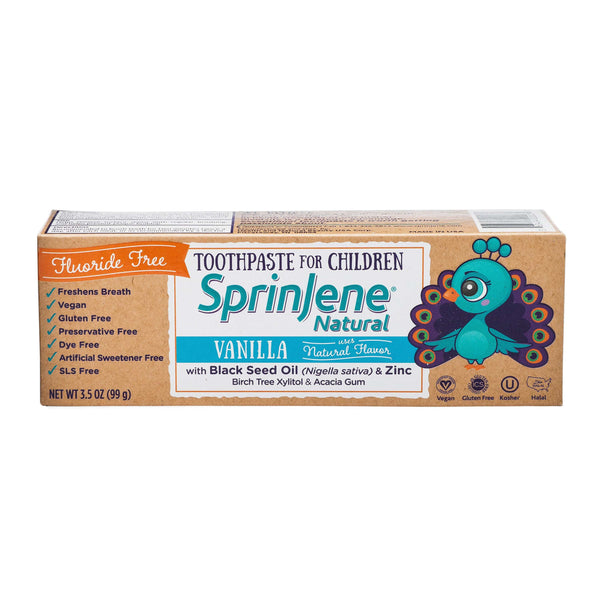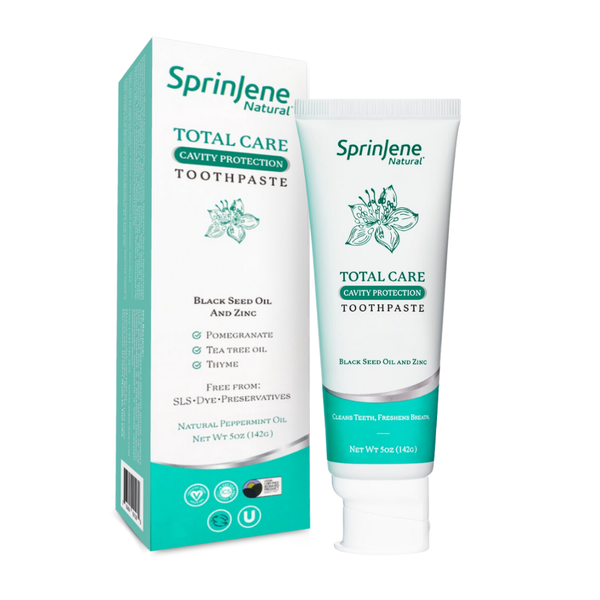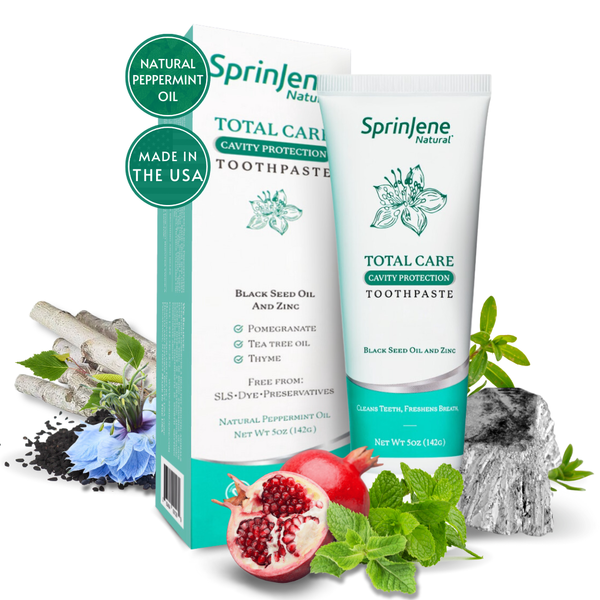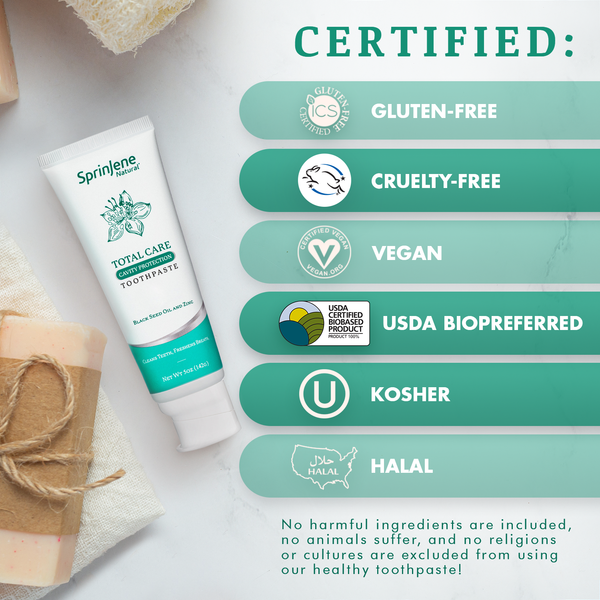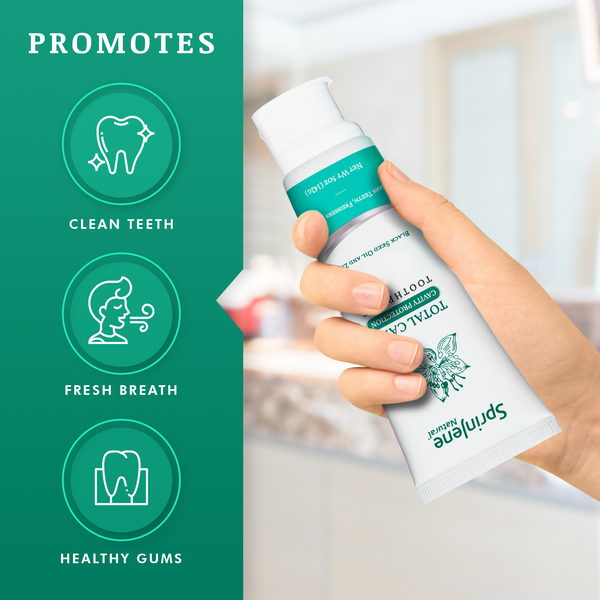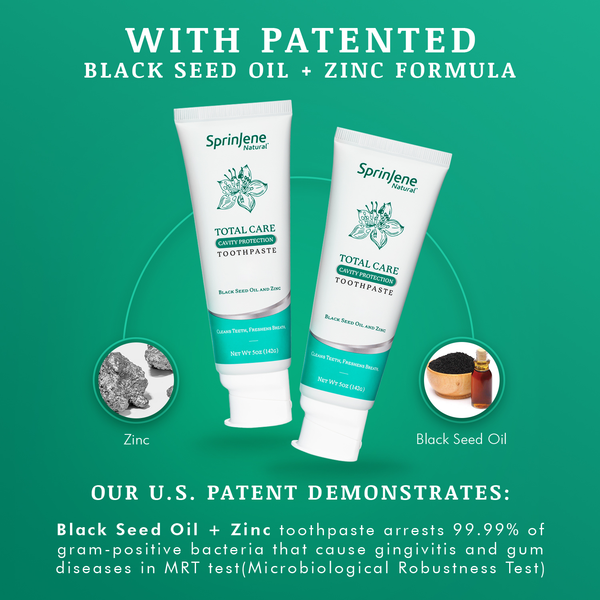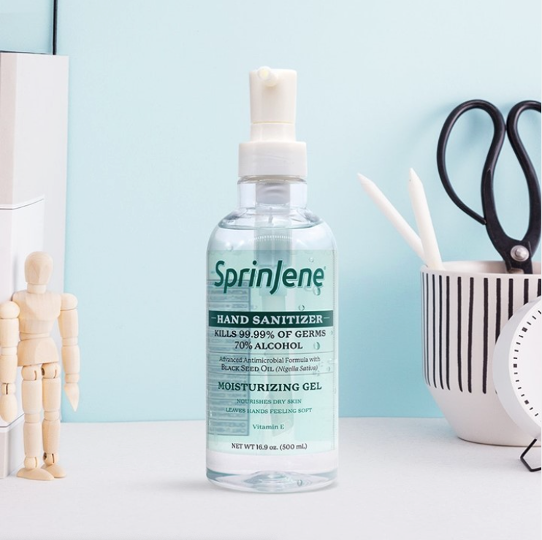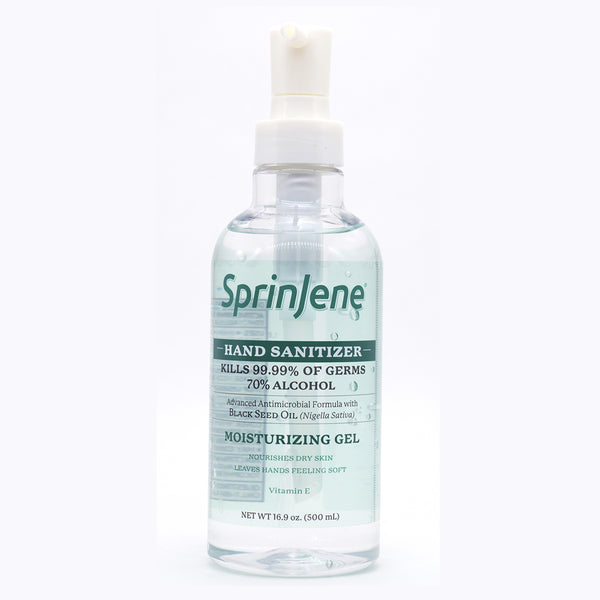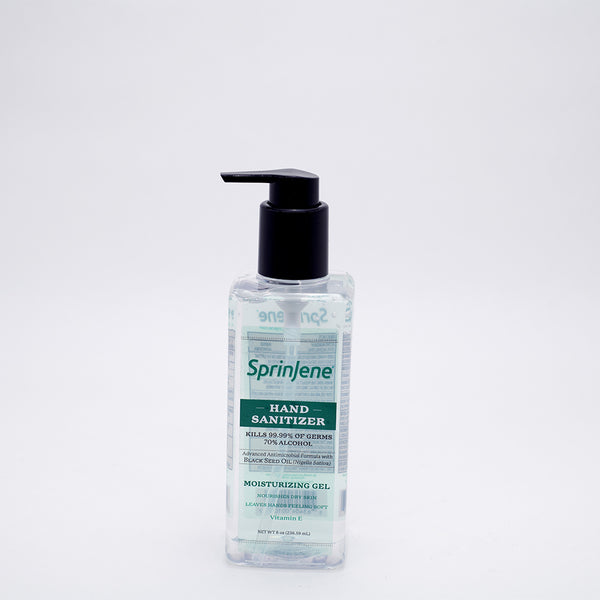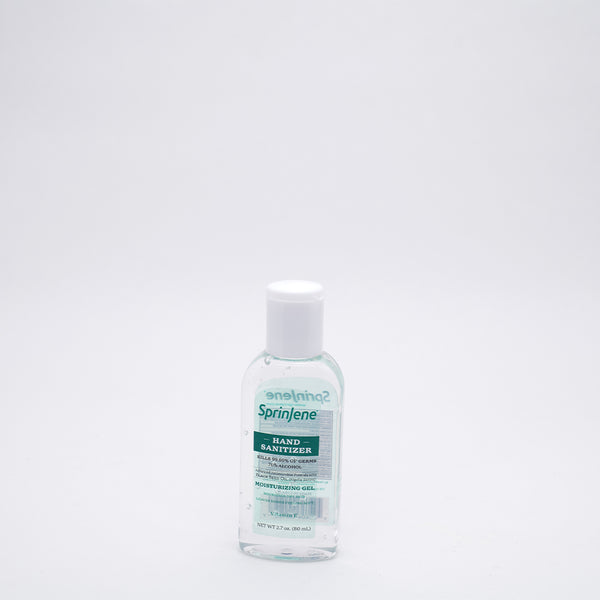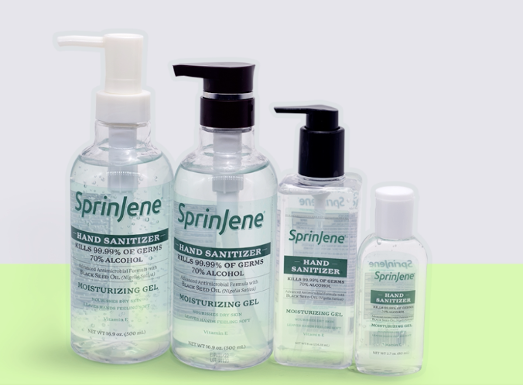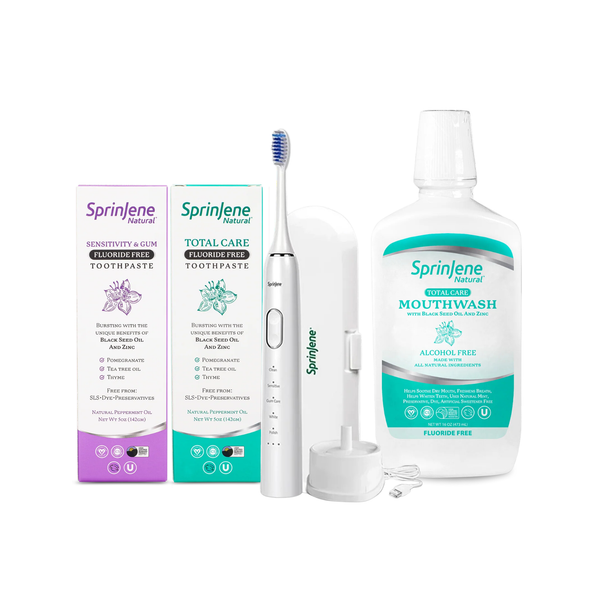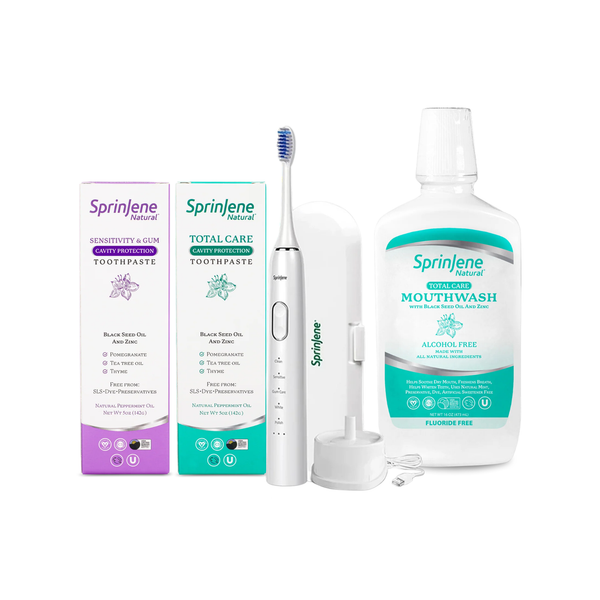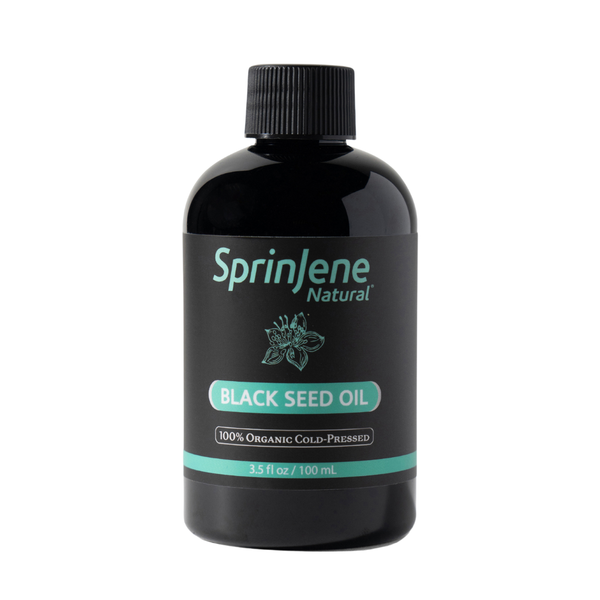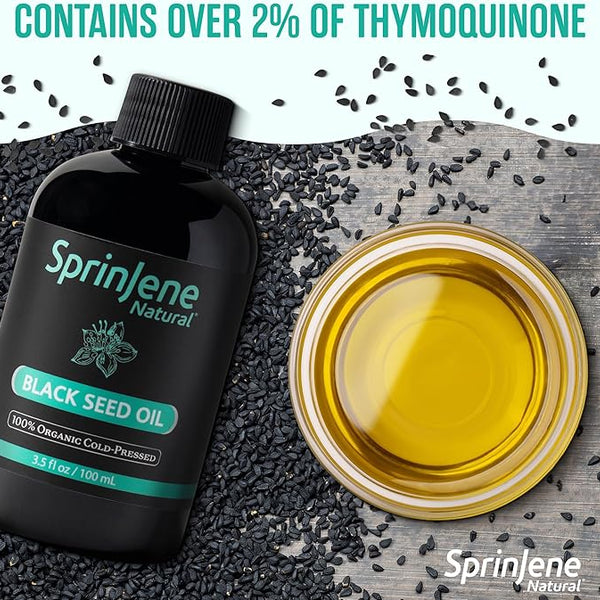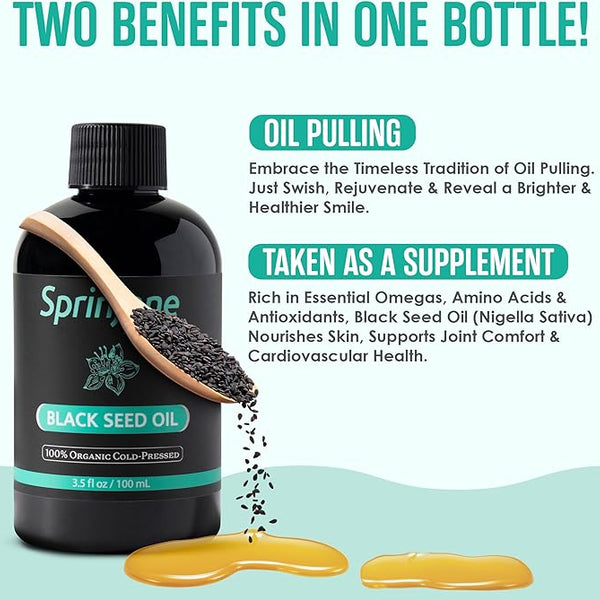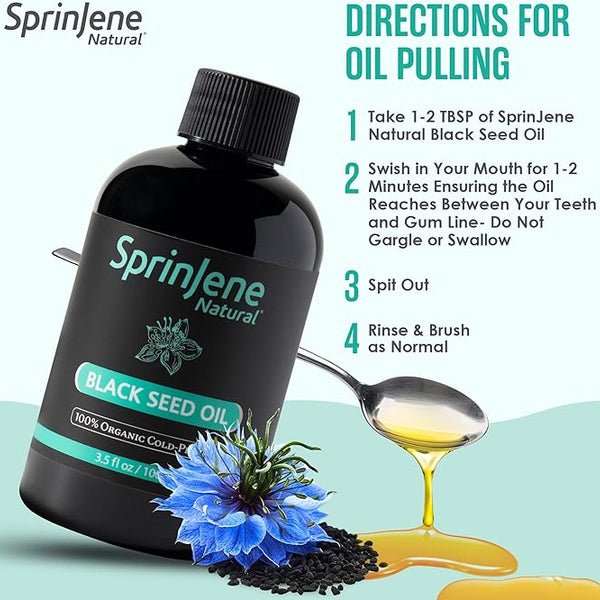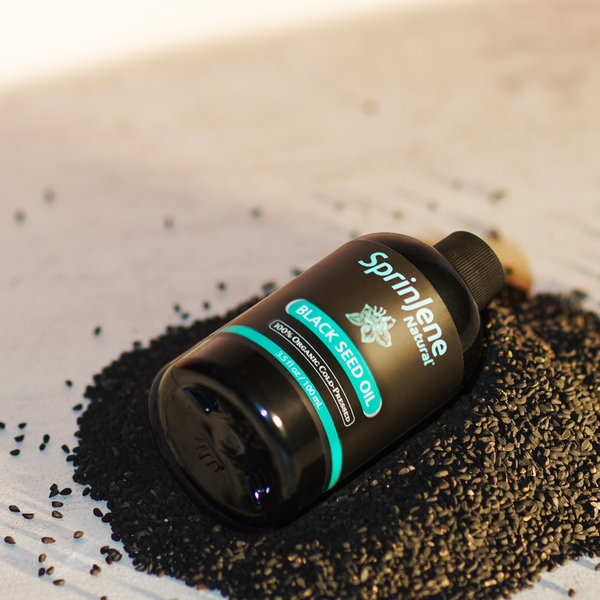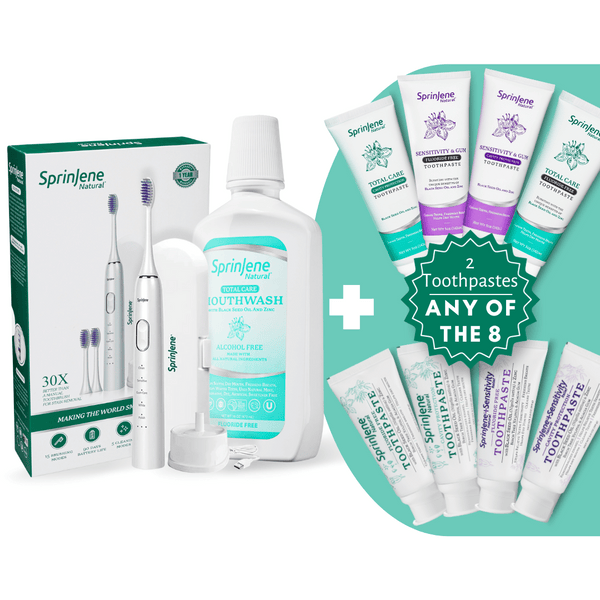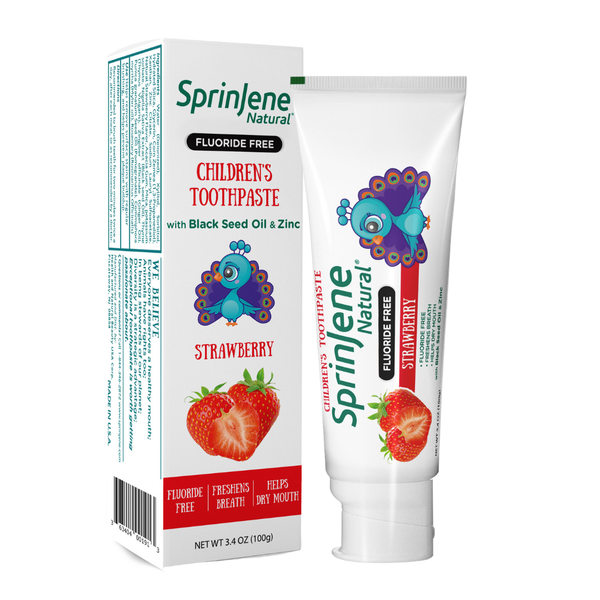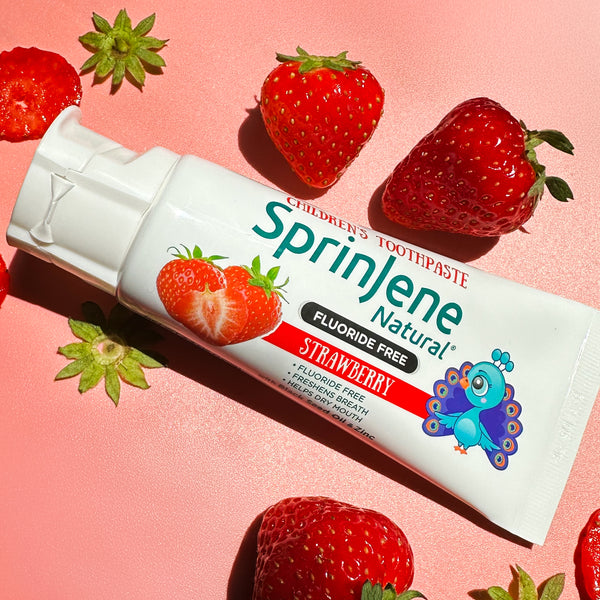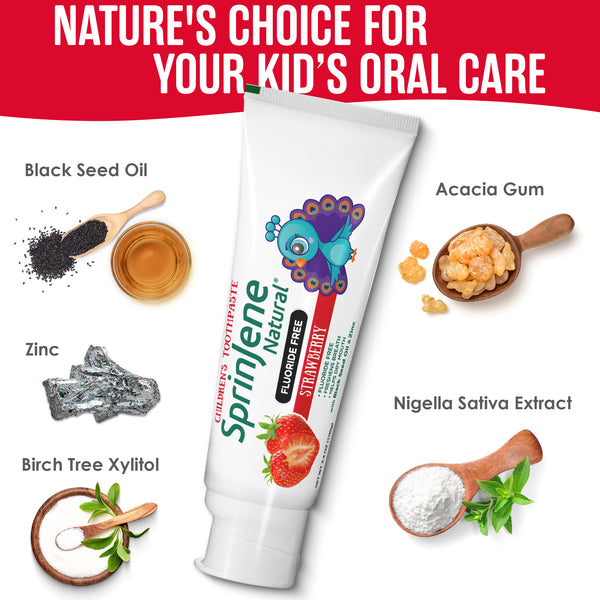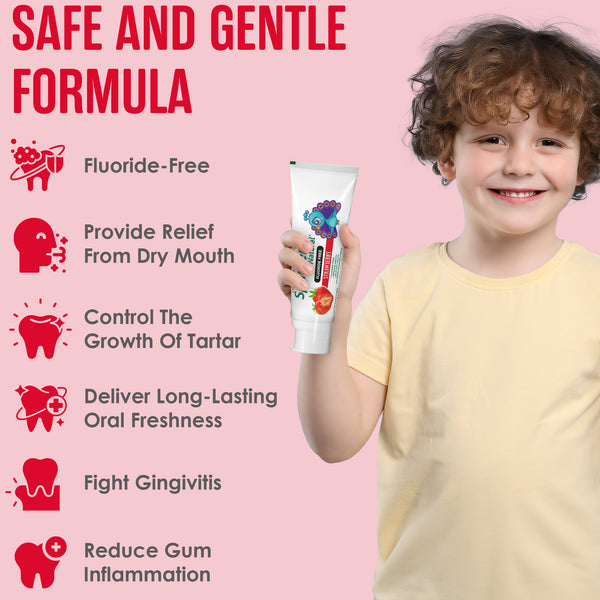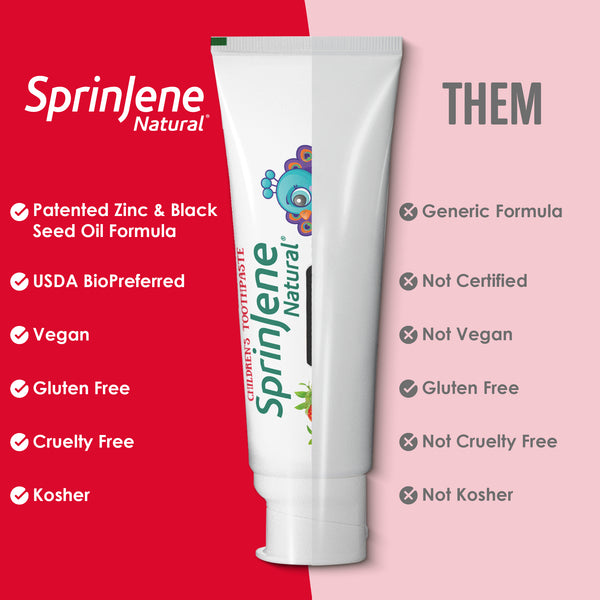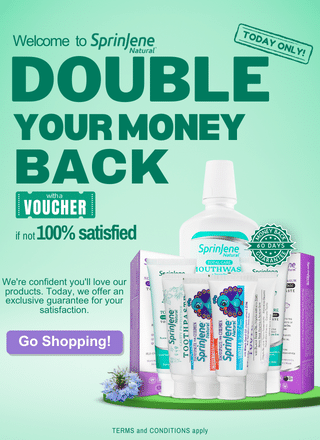
What is SLS in Toothpaste?
Sodium lauryl sulfate is a synthetic detergent that is used as an additive to allow foaming of cleansing products. It is an emulsifier that is derived from coconuts.
SLS is bad news! You should ideally not be using it in any of your personal care products.
According to Environmental Working Group's (EWG) Skin Deep database, it may also be listed under different names such as
- Sodium Dodecyl Sulfate,
- Sulfuric Acid
- Monododecyl Ester
- Sodium Salt
- Sodium Salt Sulfuric Acid
- Aquarex Me
- Aquarex Methyl.
Sodium lauryl sulfate was first introduced after World War 2. Its specific action was to emulsify oil and water-based ingredients together, as well as to create foam. SLS is an emulsifier and foaming agent that is commonly used in personal care and cosmetic products to give them bubbling suds. Because of its foaming action it gives the impression of cleaning your teeth but in reality it plays no part in actually cleaning your teeth, rather strips away the natural protective lining of the mouth. Therefore it should be completely eliminated from toothpastes.
It is commonly found in cosmetic products and industrial cleaners like body wash, soaps, shampoo, toothpaste, and laundry detergent.
According to the National Institute for Occupational Safety and Health, undiluted SLS can cause skin and eye irritation, as well as nausea, vomiting and diarrhea if ingested.Sodium Lauryl Sulfate is a toxic ingredient that actually does not do anything to clean your teeth. According to Bow Line Dental Group, “SLS does not actually clean teeth- its sole purpose is to produce foam and thicken the toothpaste. It gives the impression of cleaning your teeth but actually doesn’t.”
Even though it is placed in the seemingly harmless detergent (or soap) chemical category, a review of its associated, federally mandated Material Safety Data Sheet (MSDS) tells a different story. Under the MSDS list of Precautions for Safe Handling and Use, warnings are given that include: "Do not breathe in. Do not get in eyes, on skin, on clothing. Do not take internally." And under the heading Ingestion, the MSDS sheet states, "If still conscious, induce vomiting."
Side Effects of SLS
SLS has been rated as a moderate hazard and reports of it being linked to neurotoxicity, skin irritation and endocrine disruption.
A number of scientific studies have been conducted to determine if the adverse effects described in the MSDS are valid. The first notable study was performed by Drs. Barvoll and Brokstad of the University of Oslo, Norway to investigate the effect of SLS in patients with canker sores (recurrent aphthous ulcers). The doctors came to the conclusion that using SLS-free toothpaste, reduced the incidence of canker sores by 60-70%.
Review of several other scientific articles reveals that SLS in toothpaste is a chemical irritant that has been also associated with sloughing (desquamation) of the oral tissues (mucosa) and even the reduction of the effectiveness of fluoride to prevent tooth decay. A study conducted by Dr. Herlofson, using toothpaste with different types of detergents, concluded that using toothpaste with SLS significantly increased the incidence of sloughing of the tissues in the mouth (desquamation of the oral mucosa
A German dental journal published a case study by two doctors who noticed peeling of the tissues of the mouth who were using SLS toothpaste. Studies with culture of the tissue found Candida or "thrush".
Not only does the data show that SLS produces adverse effects on the soft tissues of the oral mucosa, but other recent studies reveal potentially adverse effects on all the tissues of the mouth as well.
A study conducted by Rolla and Lagelof found SLS in toothpaste decreases the ability of fluoride to fight acid in the mouth. This makes teeth more susceptible to tooth decay and gum disease.
The National Institute of Health database MEDLINE, reports that SLS has been shown to irritate the skin of the face and may worsen skin problems in individuals with sensitive skin. It also dries the skin and scalp when using skin cleansers or shampoo with SLS.
One reason companies ignore the facts and still use SLS in toothpaste and other personal care products, although studies have concluded SLS is an irritant, is due to the cheap price of sodium lauryl sulfate as a detergent. Although it is derived from coconuts, it is contaminated with a toxic by-product during manufacturing.
In fact, SLS and SLES are often contaminated with 1,4 dioxane, a byproduct of the manufacturing process that may be carcinogenic to humans and may also cause negative damage to the kidneys, liver, and central nervous system.
SLS may be great for cleaning your car, but with risk of cancer, inflammation, and irritation, it is a completely unnecessary ingredient that causes much more harm than good in your oral care products.
SLS Free Natural Toothpaste
When it comes to SLS alternatives, there are plenty of naturally-derived ingredients that can help to disperse toothpaste throughout your mouth. Most are made from coconut, corn, or palm oil and include cocamidopropyl betaine, lauryl glucoside, and sodium cocoyl glutamate. They are definitely friendlier options and help toothpaste roll around in your mouth so it can do its best work.
After careful consideration regarding the harm that commercial toothpastes with SLS can cause our bodies, let us now look at the benefits that SprinJene natural toothpaste has to offer.
The following are listed benefits of a 100% Natural and USDA bio preferred and completely harmless. It is available with and without fluoride and is Cruelty free as well as Halal and Kosher certified.
These are the ingredients present:
Black seed oil - Known to have excellent antimicrobial and anti-inflammatory properties
Zinc- Helps control the growth of bacteria, plaque and tartar thereby promoting healthy gums. ADA Approved
Acacia gum - A natural organic binder
Xylitol and Stevia- non cariogenic natural sweeteners. Xylitol helps promote saliva production and prevents tooth decay. It is also ADA approved.
Coconut oil - Helps lubricate oral surfaces to bring comfort to dry mouth sufferers and may help to prevent tooth decay after some enzyme digestion.
Green apple and Mint extracts - Taste modifiers with cooling sensation.
Aqua - Solvent to solubilize salts. Formulation aid.
Silica- Natural abrasives to assist stain removal.
Glycerin - Glycerin is a non-carcinogenic and a Non-GMO humectant that helps protect our formulas against bacteria growth and keep the product moist.
In addition to these properties SprinJene is a certified Gluten free toothpaste making it 100% safe for people suffering from Celiac disease and gluten allergies.
Conclusion
The article states the harmful effects of toothpastes containing SLS and the potential threat they pose. Switching to a natural, SLS free toothpaste is a safe and preferred option.
References
Acta Odontol Scand. 52 (1994):257-259
European Journal of Oral Science, 104 (Feb 1996): 21-26
Mund Kiefer Gesichtschir. 3(2). (march 1999): 78-81
Caries Research. 22(3) (1998): 139-44)

